Finance Minister Nirmala Sitharaman has announced in the Union Budget 2022-23 address that the government will step up initiatives to boost EV infrastructure, EV charging stations, and EV ecosystem to achieve its broader decarbonisation goals. Addressing the Budget session, Finance Minister Nirmala Sitharaman said that there will be an augmented focus on expanding EV infrastructure across the country. It will help vehicle owners make the shift to electric cars with ease.
Nirmala Sitharaman said, “The private sector will be encouraged to create sustainable and innovative business models for battery and energy as a service, improving the efficiency of the EV ecosystem. Considering the constraint of space in urban areas for setting up charging stations, battery swapping policy will be brought out and interoperability standards will be formalised."

The government is planning on introducing new Battery Swapping technology that will help save the time taken in charging the embedded batteries in electric vehicles. It would manage the range anxiety issue, and encourage EV adoption in the last-mile delivery space, where time constraints make instant battery swapping more viable than charging the existing battery. Battery makers would get a good chance to evaluate relative demand from customers for paid pack swap versus free charging to assess whether it merits the engineering resources and investment necessary for that upgrade.
India has set a target of 30 percent EV sales penetration for private cars, 70 percent for commercial vehicles, 40 percent for buses, and 80 percent for two- and three-wheelers by 2030. According to data from the Ministry of Road Transport and Highways (MoRTH), India has 974,313 registered electric vehicles. But compared to the number of EVs, only 1,028 public charging stations (PCS) have been installed throughout the country so far, according to the Bureau of Energy Efficiency (BEE). Apart from the high cost of EVs, a major cause for the low sale of EVs in the country has been the lack of charging infrastructure.
Recently, Reliance Industries and Britain's BP Plc have formed a joint venture for battery swapping technology, besides Hero MotoCorp JV with Taiwan's Gogoro. The battery-as-a-service model will make battery makers highly competitive in the premium sector of the electric car market. Creative thinking and flexible battery options will encourage EV adoption and sales in India.


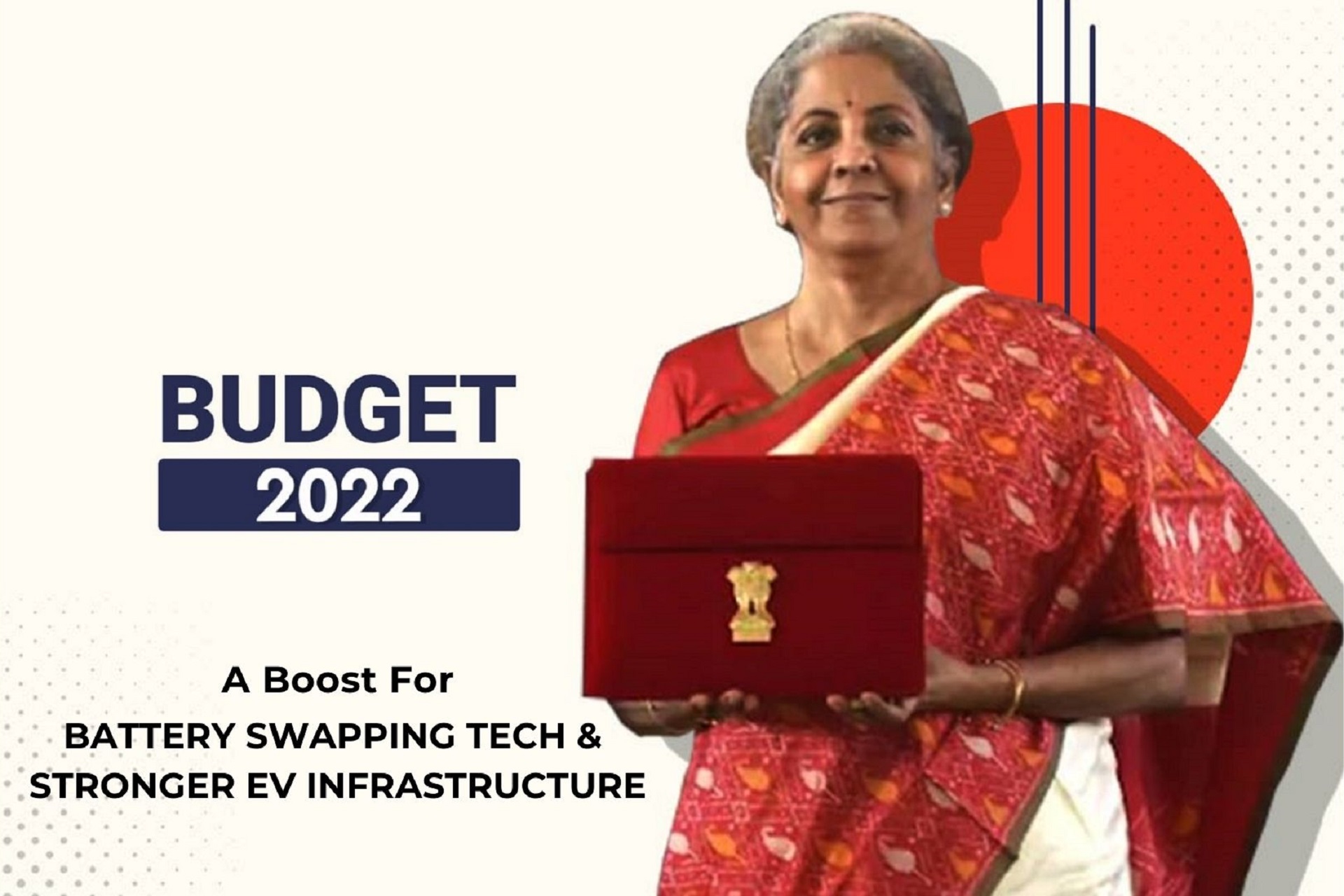
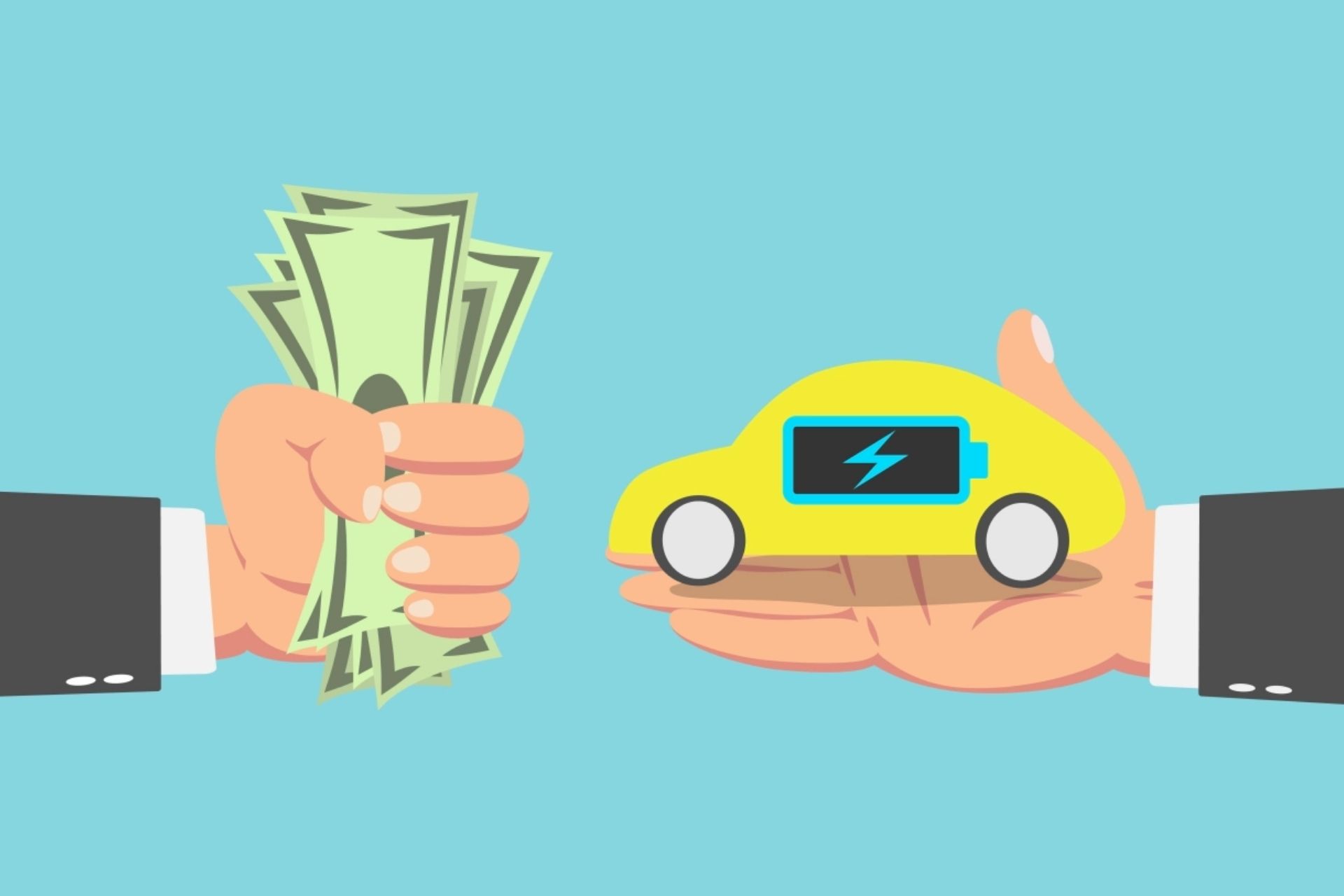
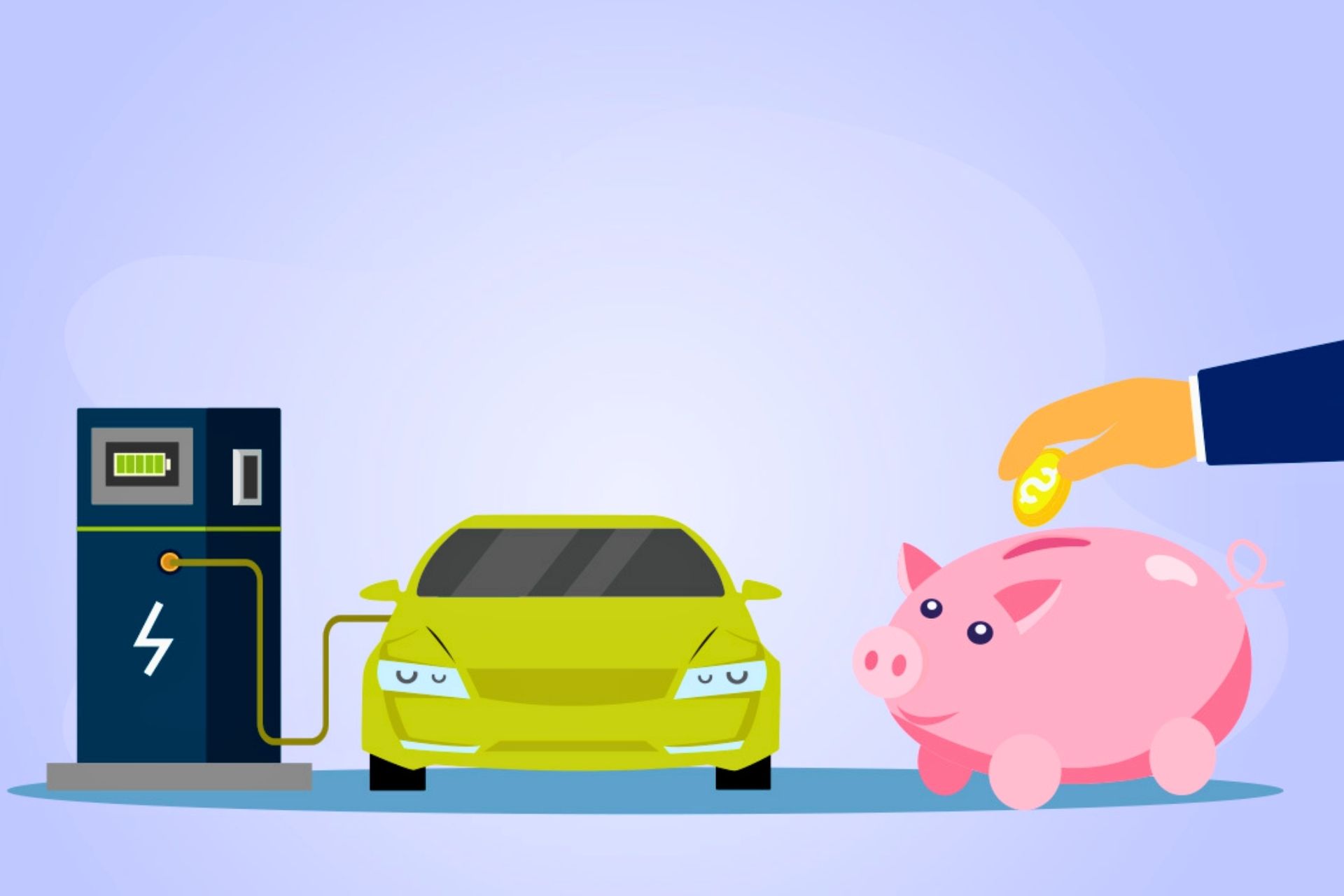
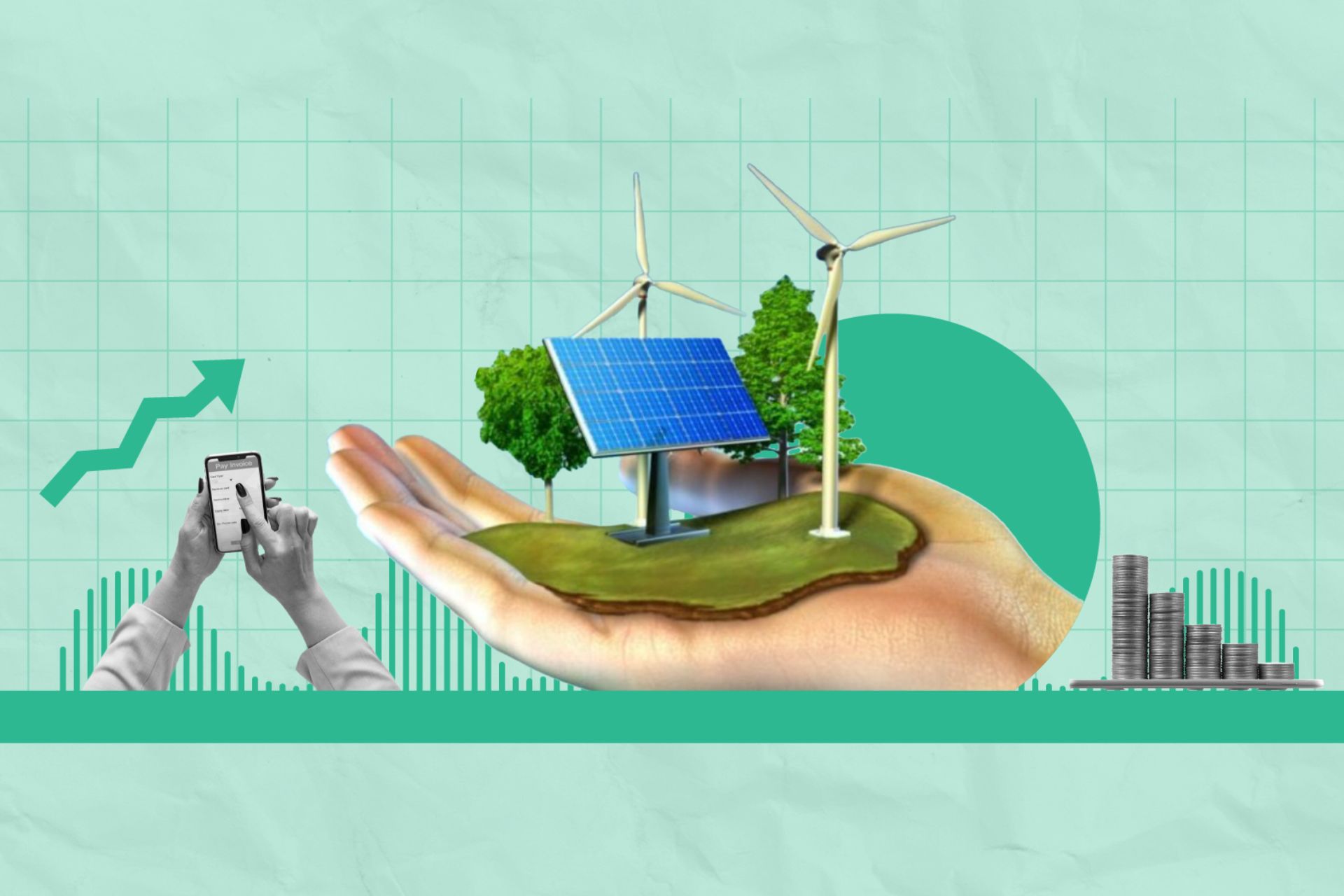
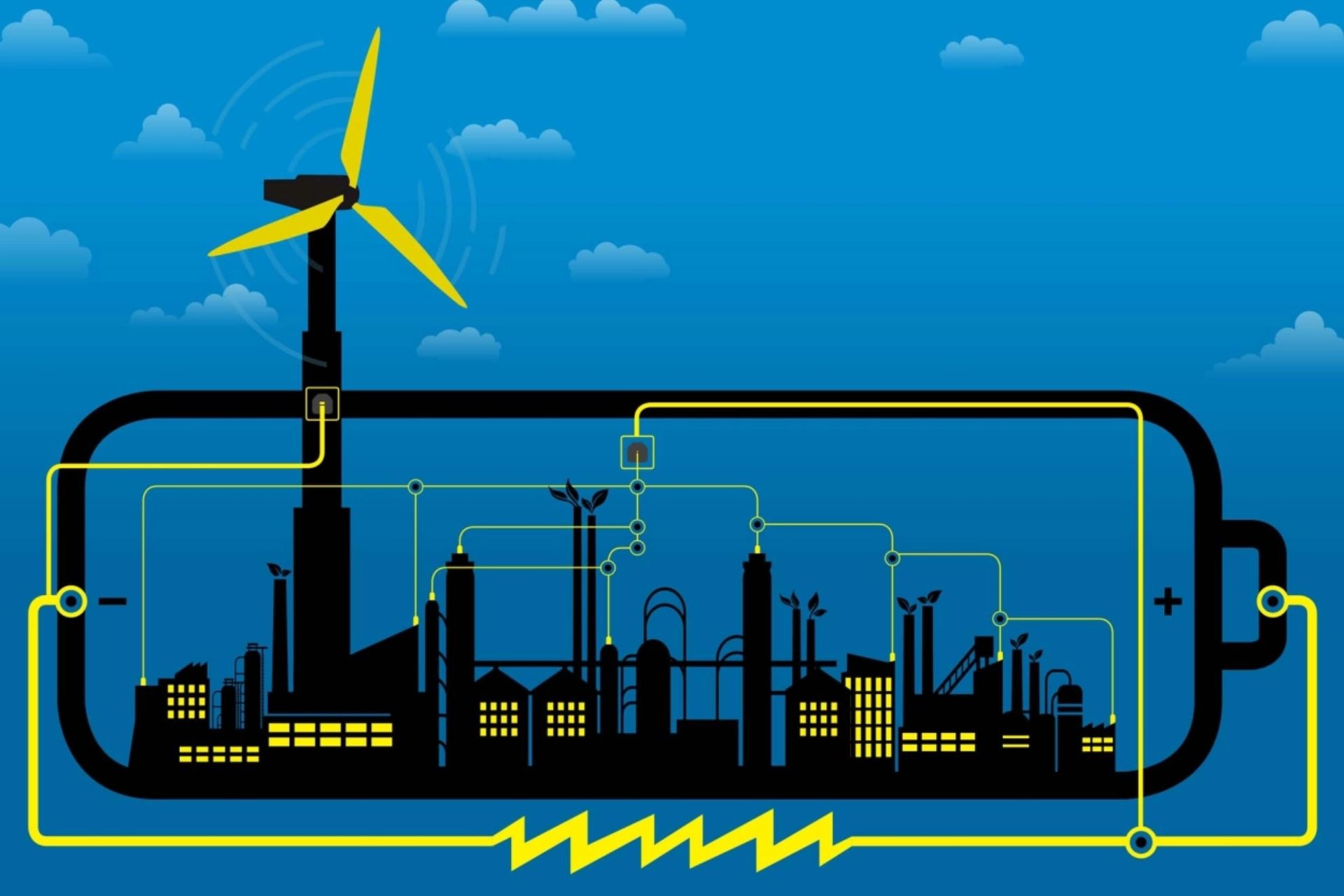
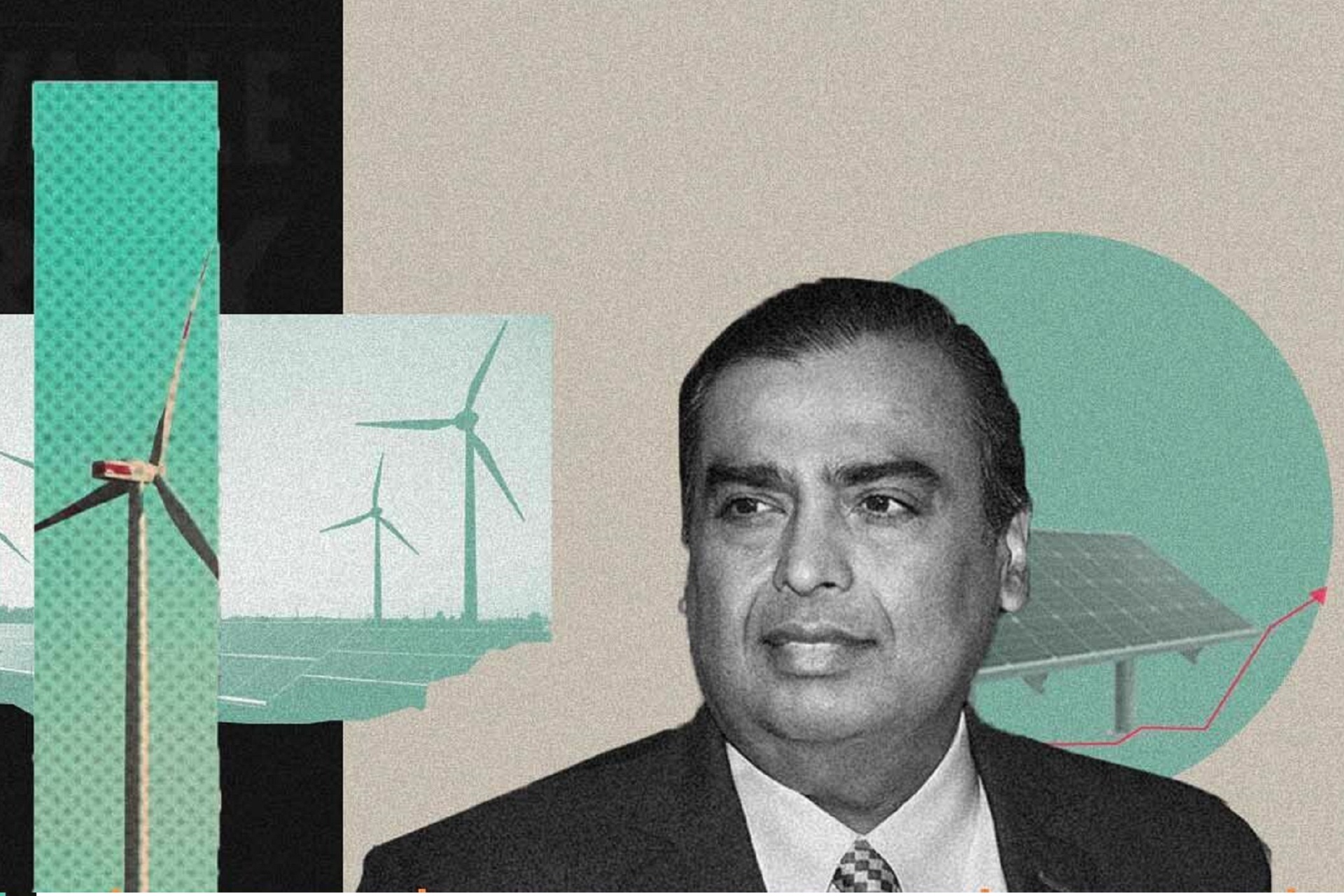
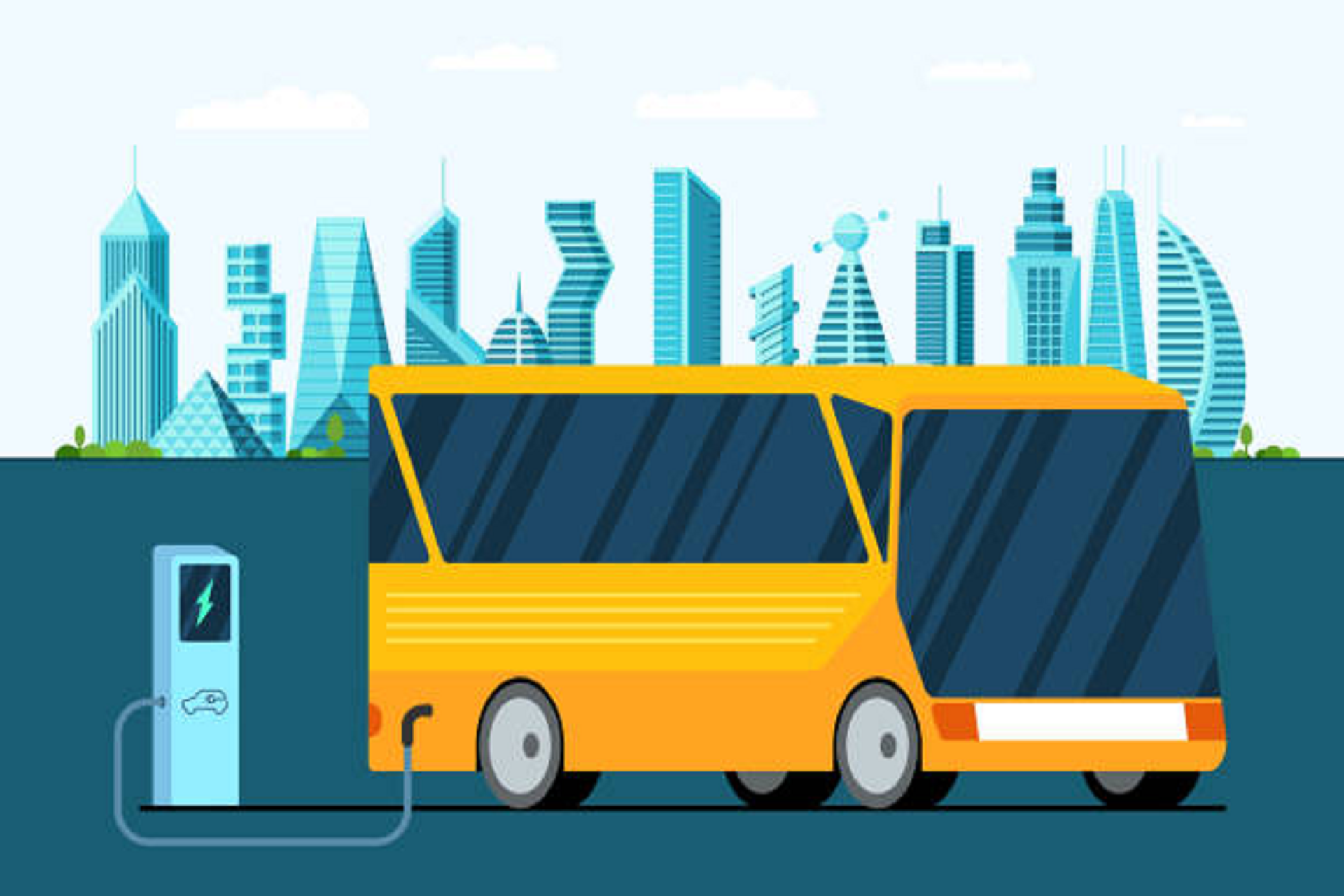
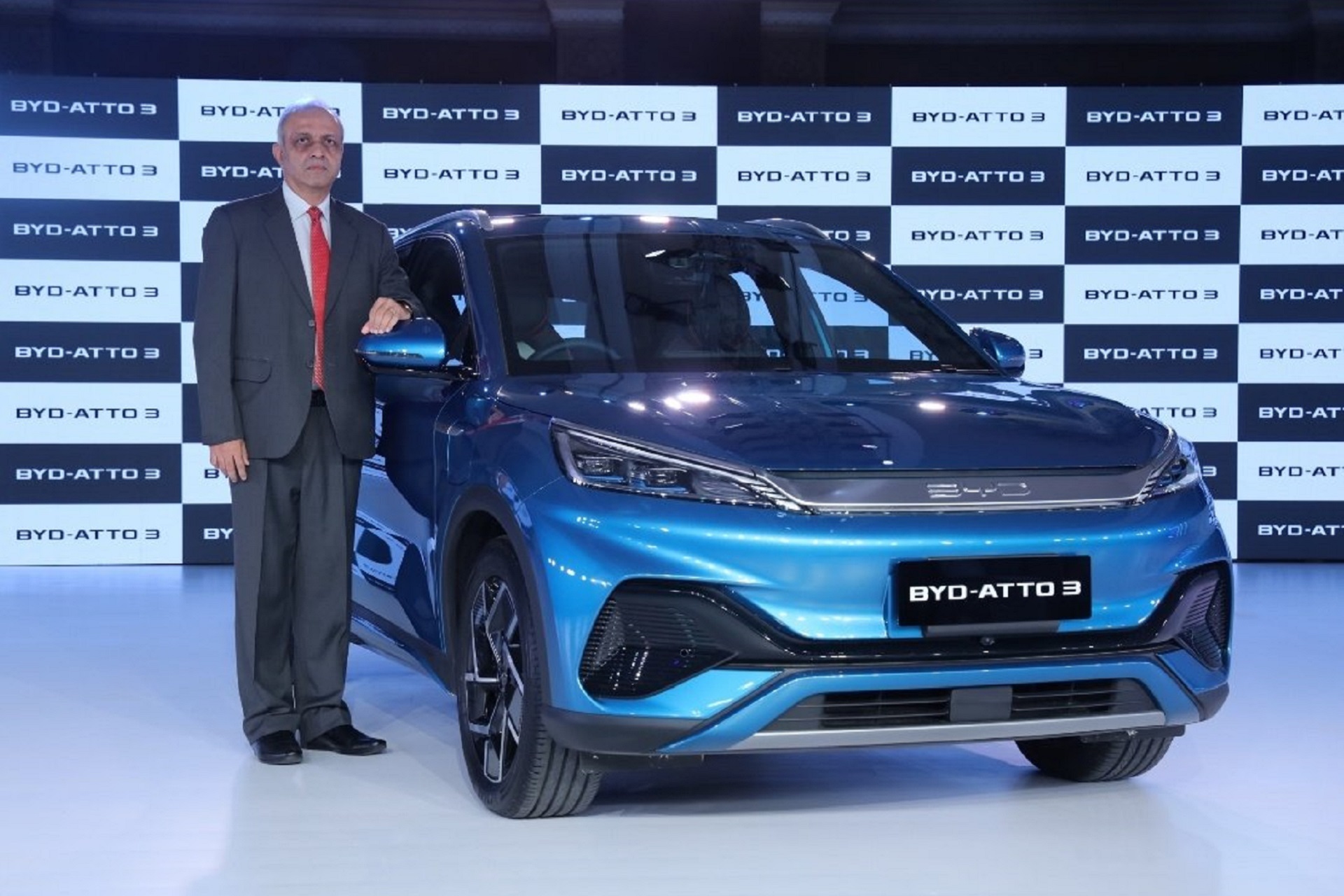
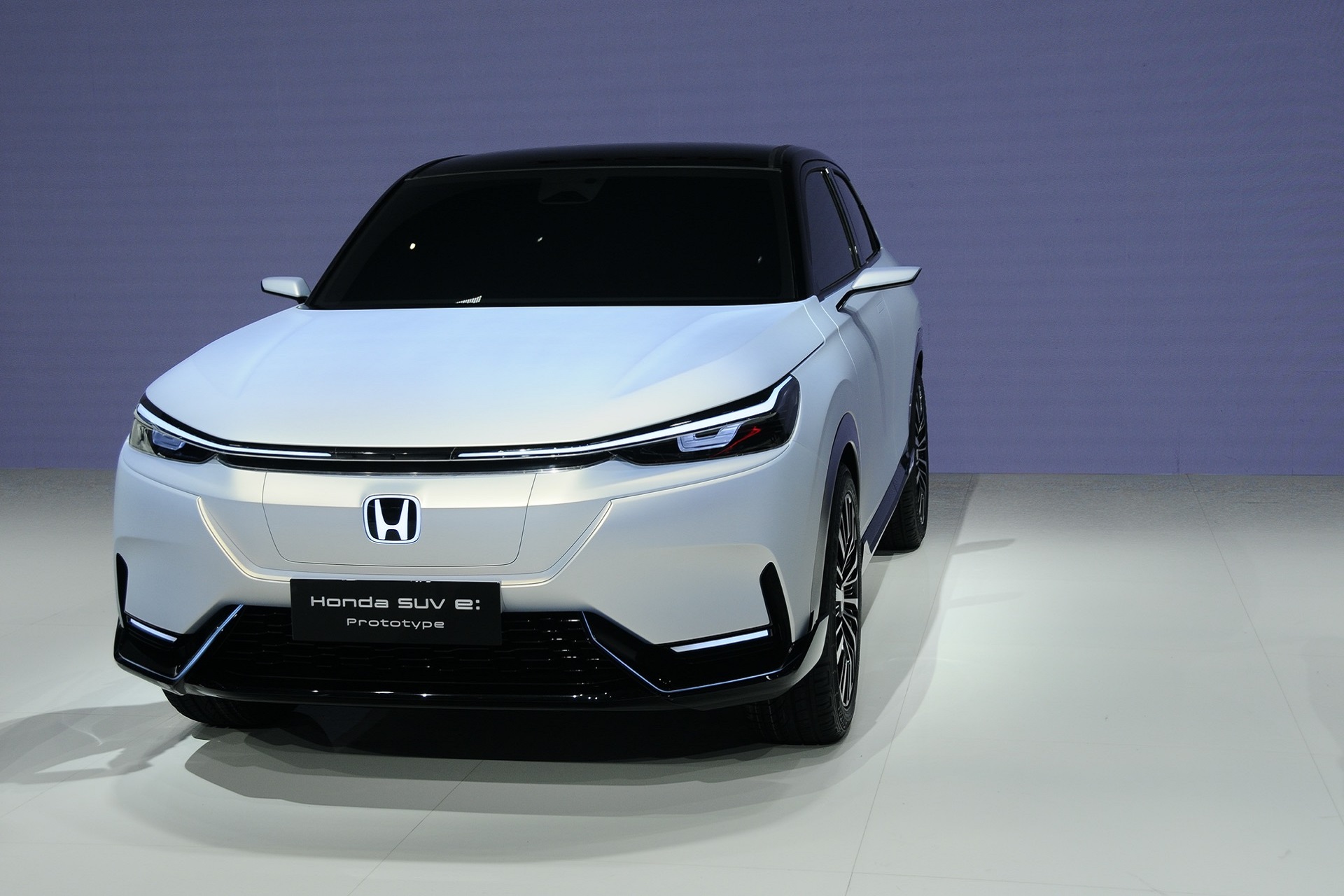
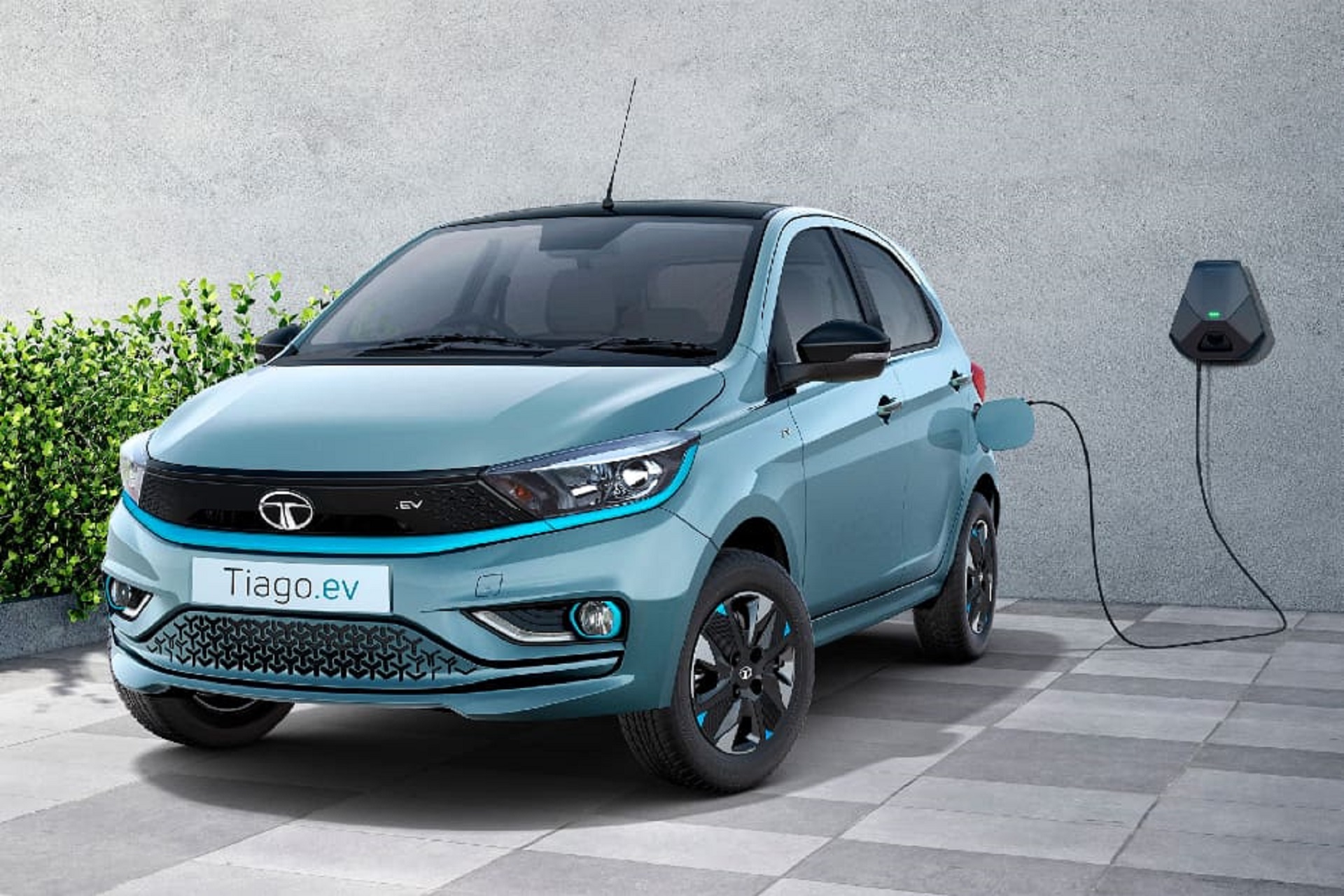
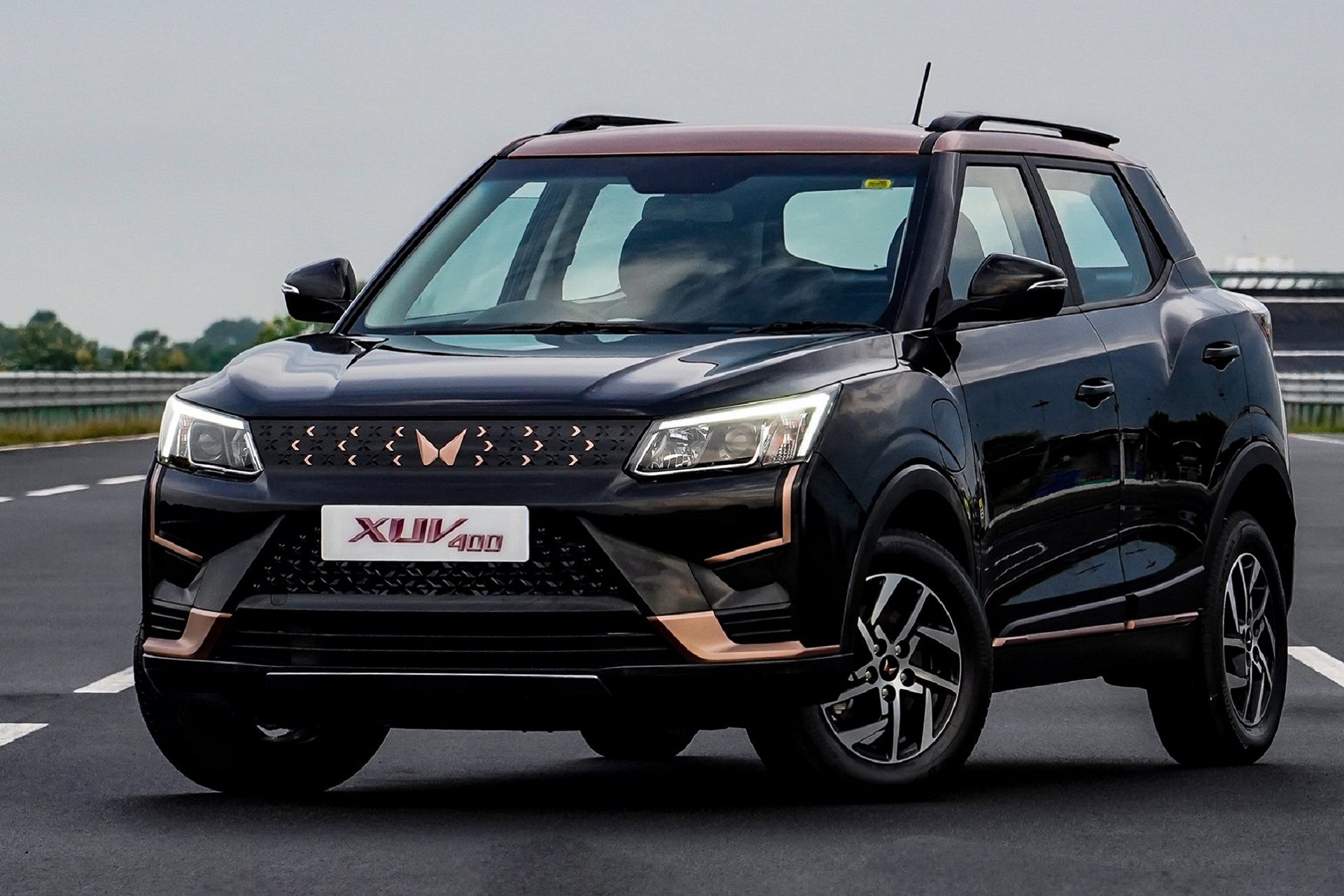
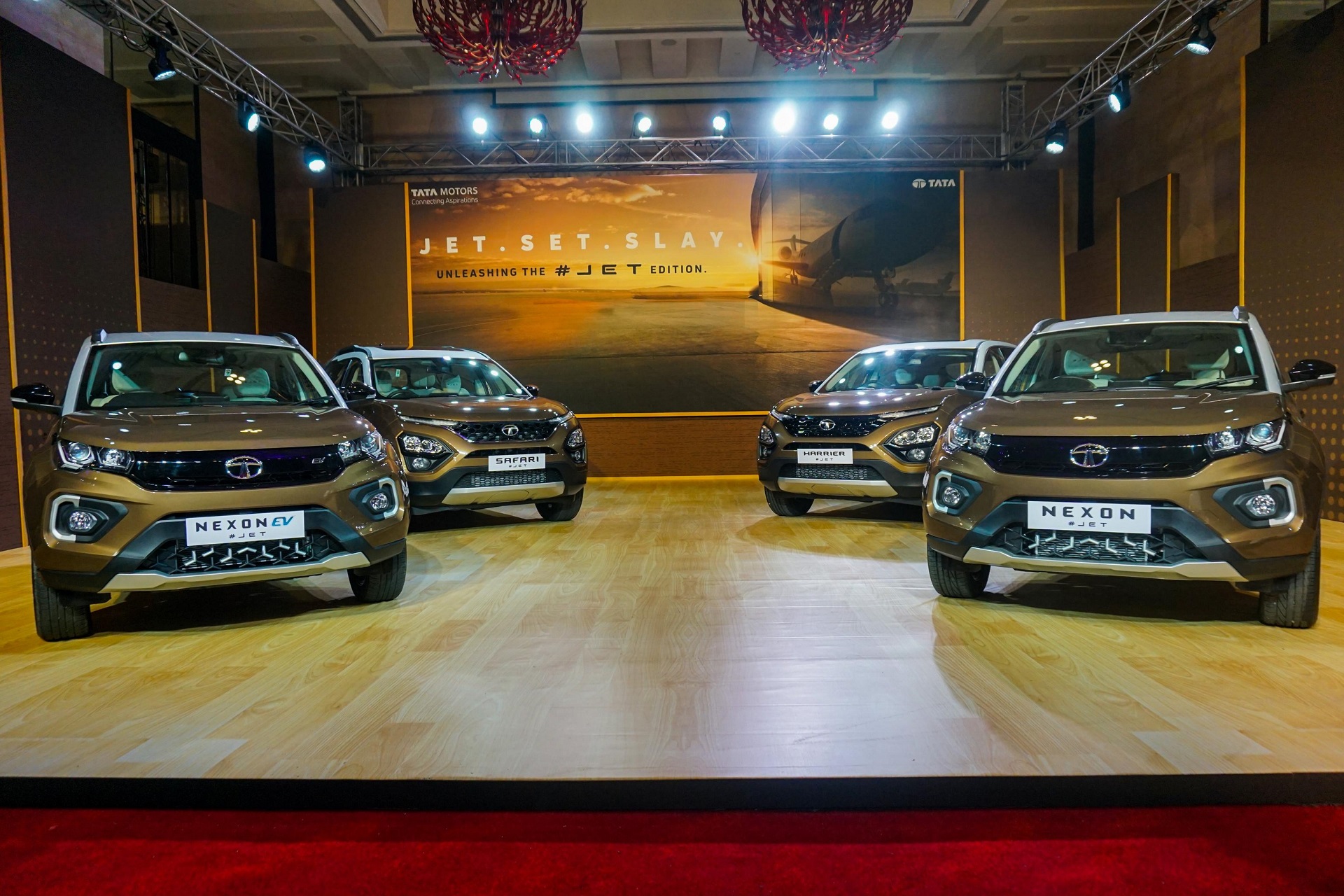
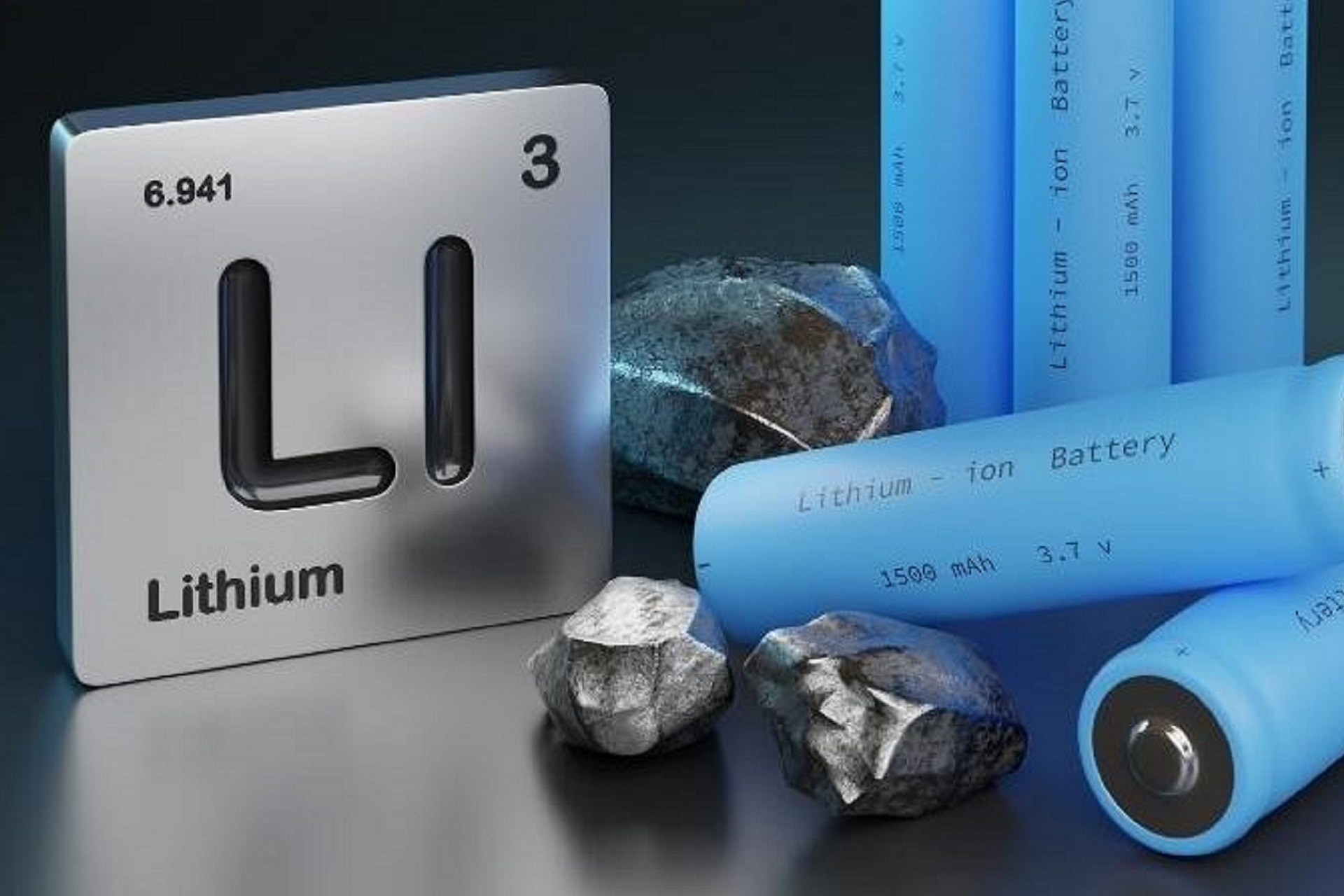
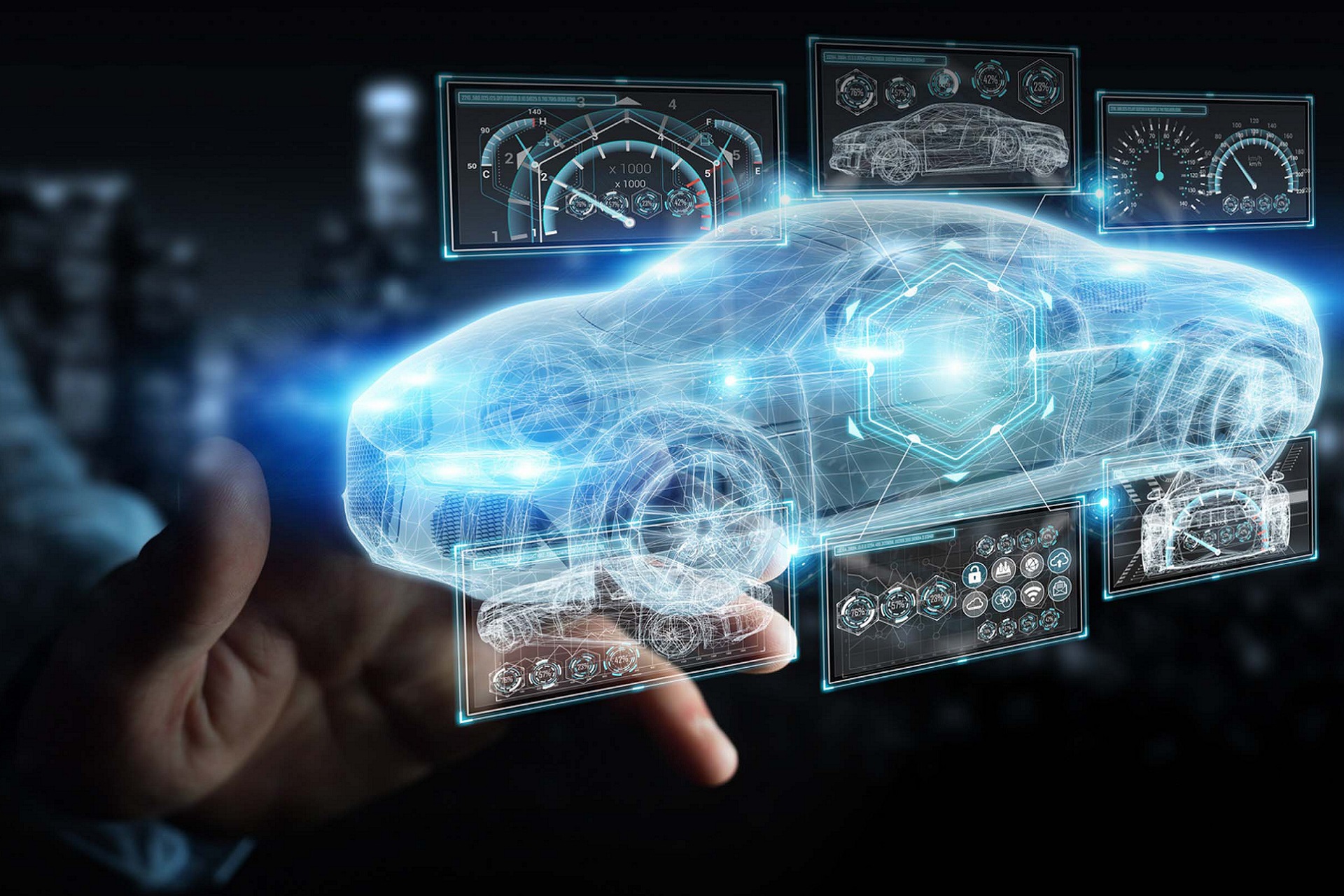
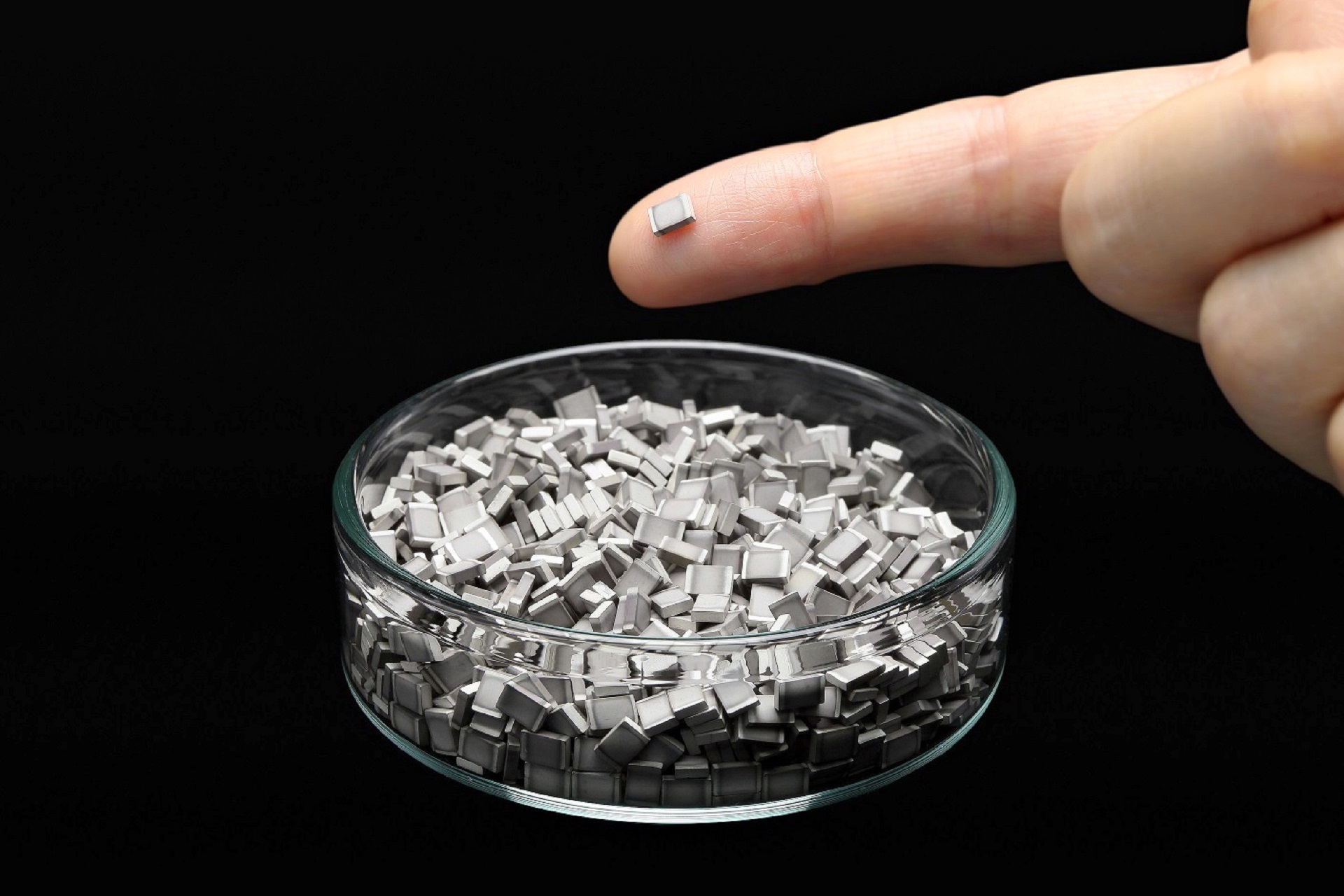
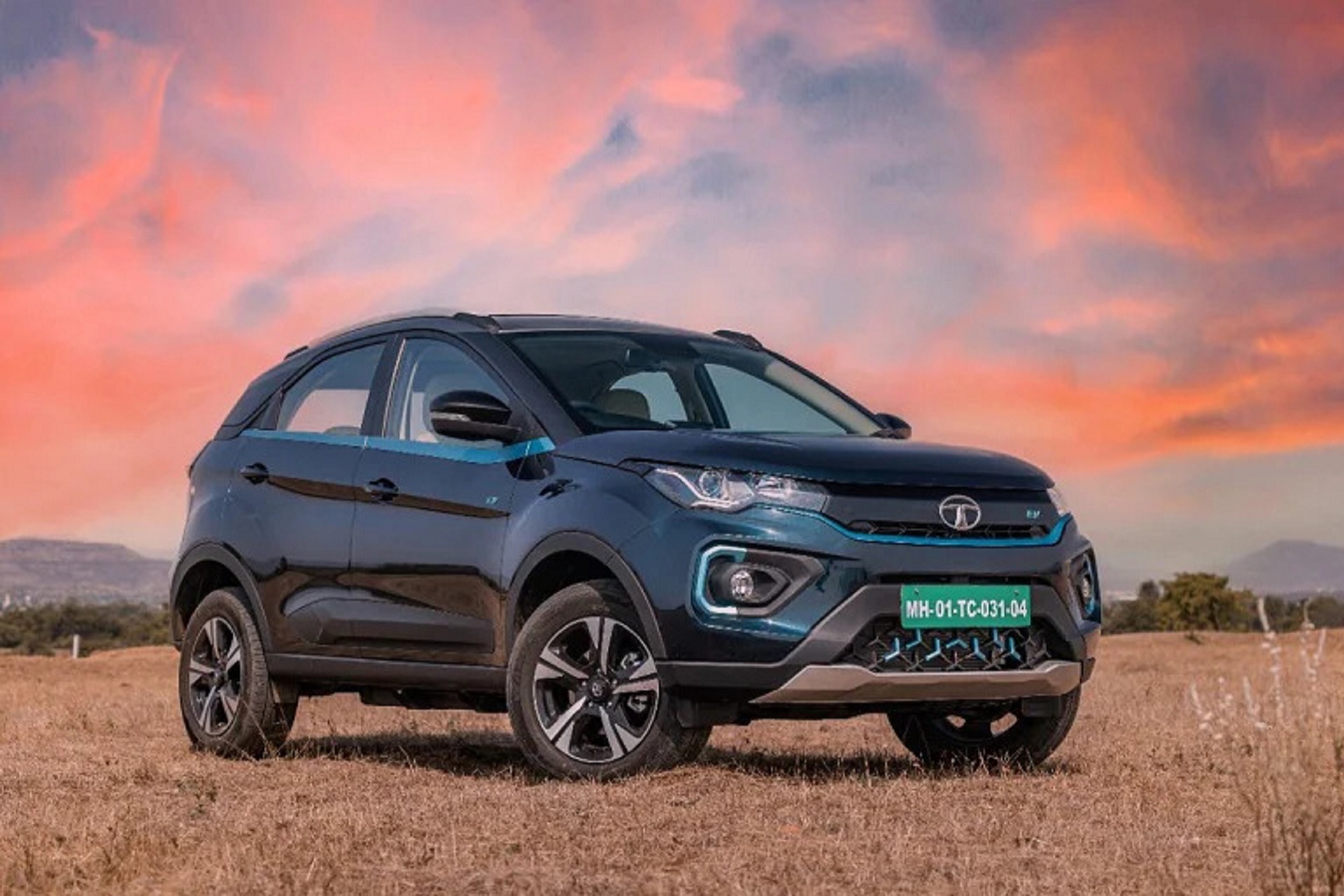
Please Login / register to post your comments!!
0 Comments